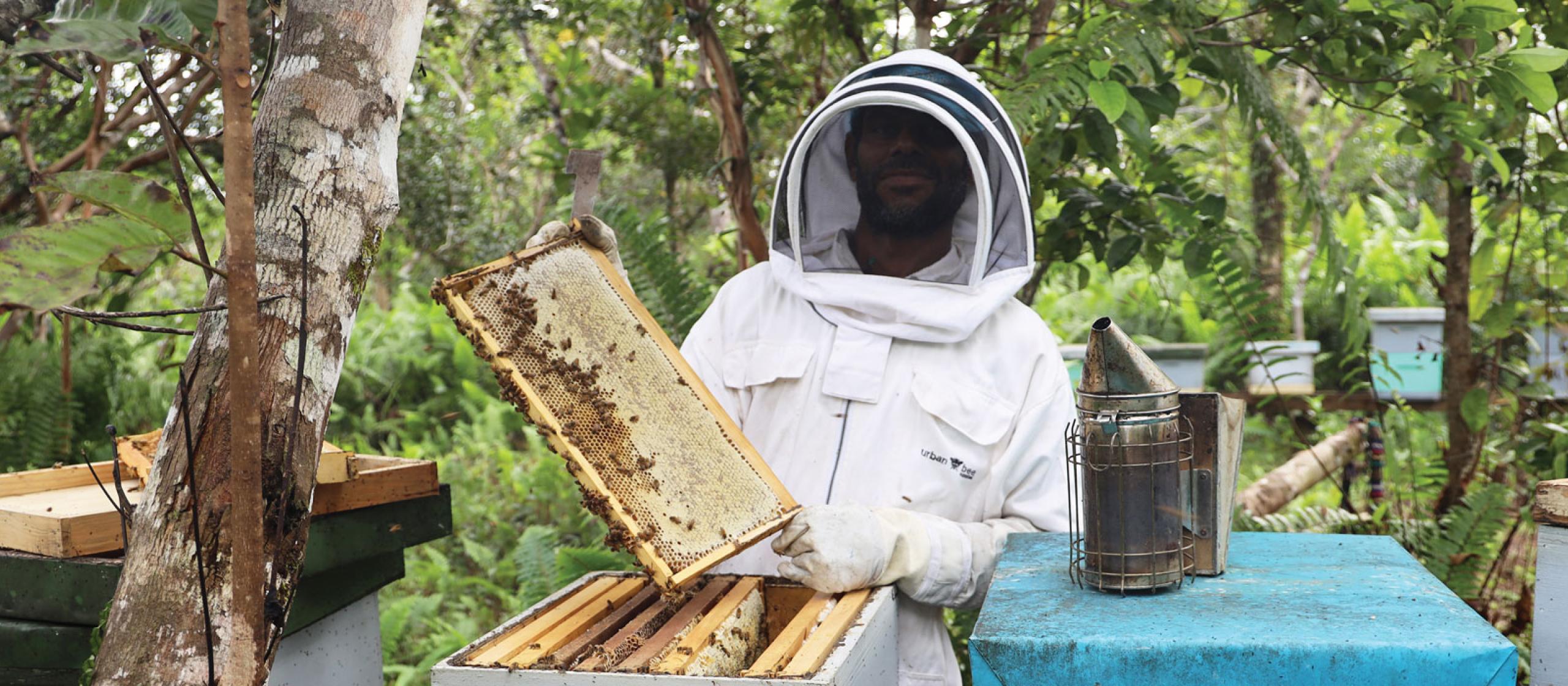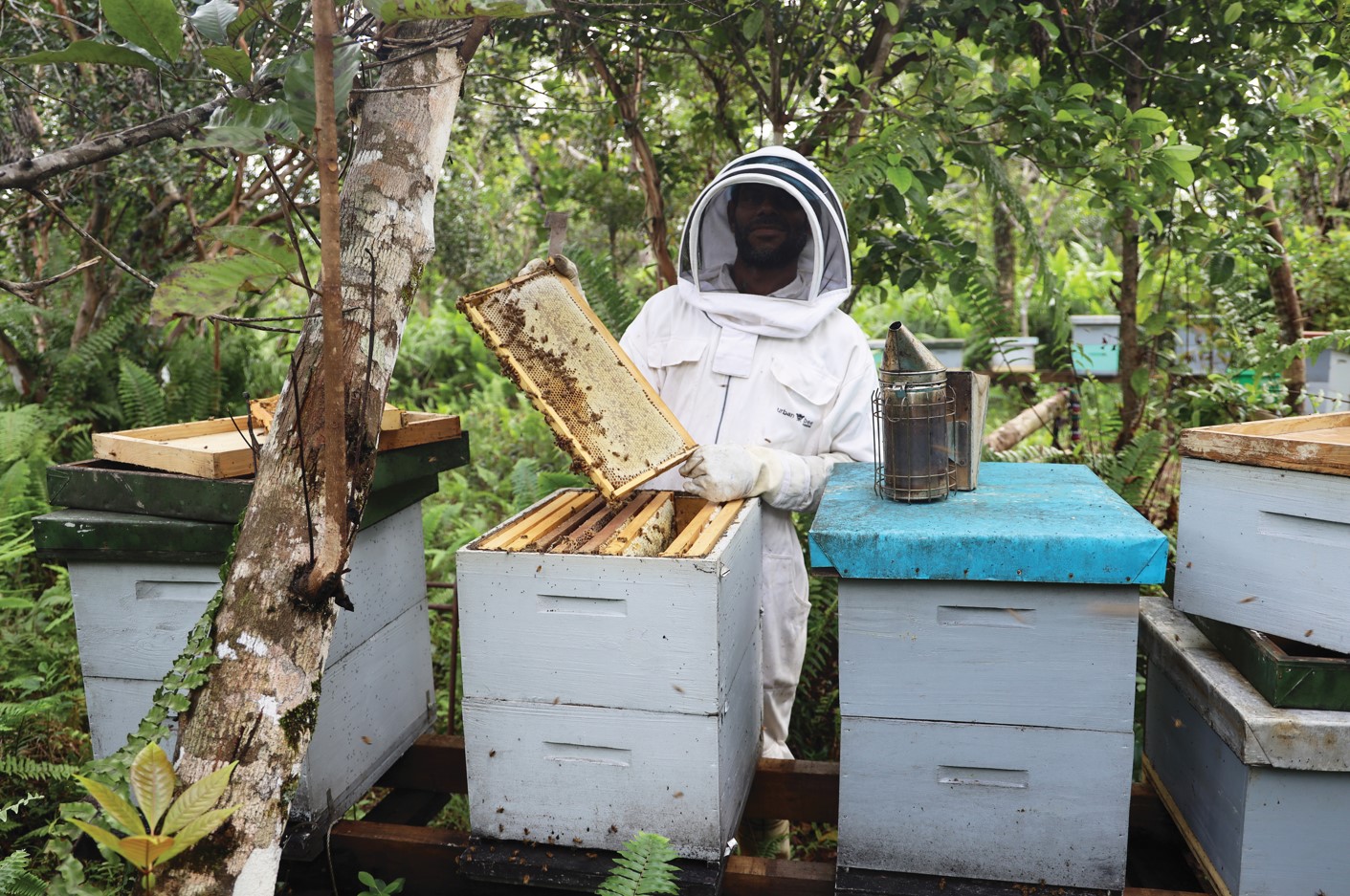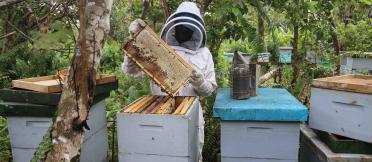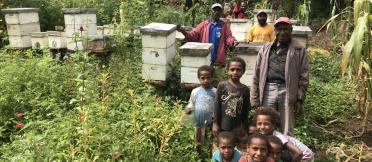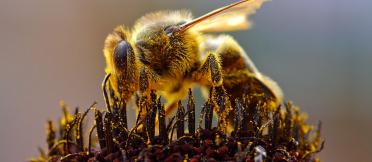Until May 2022, Australia was free of the world’s most feared threat to the honey bee industry: the Varroa destructor mite. Since then, thousands of hives and feral bee colonies in New South Wales, where the Varroa mite has since been detected, have been destroyed in an effort to eradicate the pest and protect Australia’s $147 million honey sector and the $14.2 billion worth of pollination services that bees provide to the agriculture sector.
The eradication campaign is ongoing, but Australia was well prepared in terms of its surveillance, emergency response and the steps that may be needed to live with the pest, should eradication fail. This is in part thanks to ACIAR-supported research in neighbouring countries undertaken over the past 3 decades.
The work has helped the Pacific region develop their honey bee industries and provide new livelihood opportunities. It has also informed Australia’s National Bee Pest Surveillance Program, which has been credited with delaying what the sector saw as the inevitable arrival of the greatest threat to honey bee colonies globally, Varroa destructor.
In neighbouring Papua New Guinea and Fiji, Varroa mite was first detected in 2015 and 2018 respectively. Another equally concerning parasitic mite, Tropilaelaps, has also been impacting beekeeping businesses in PNG for decades but has not yet been detected in Australia.
